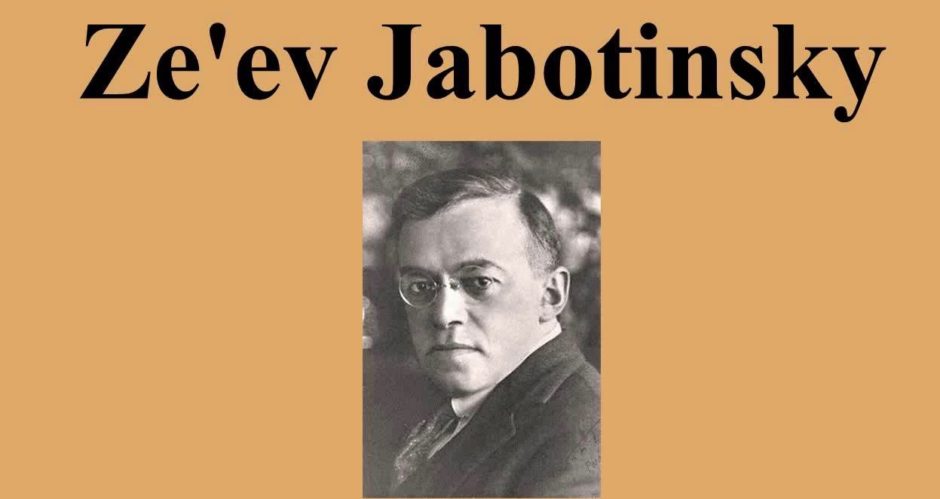During the interwar period, Poland, with a Jewish population of 3.3 million, was an incubator for the development of right-wing Zionism. Its foremost proponent, the Russian-born Vladimir (Ze’ev) Jabotinsky, was the founder of Betar, one of the most popular Zionist youth movements in Europe. Claiming a world-wide membership of some 60,000, of whom 45,000 lived in Poland, Betar was anchored by a militaristic ethos, animated by vociferous opposition to socialism, steeped in the exaltation of violence and loyal to Jabotinsky’s charismatic and authoritarian leadership.
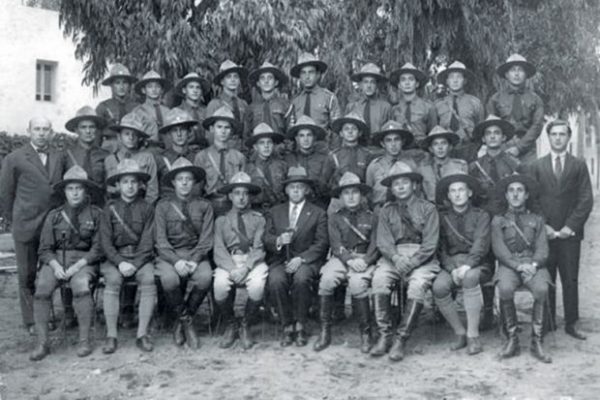
To left-wing and middle-of-the-road Labor Zionists, who would take command of the newly established state of Israel in 1948, Betarists were little more than “Jewish fascists.” Two of its members, Menachem Begin and Yitzhak Shamir, would serve as Israel’s prime ministers, while a third, Benzion Netanyahu, would be the father of Israel’s current prime minister, Benjamin Netanyahu.
Zionism played a critical role in the lives of Polish Jews from the reemergence of independent Poland in 1918 to the outbreak of World War II in 1939. Jabotinsky, the founder of the Union of Revisionist Zionists, understood this instinctively. From the moment he set foot on Polish soil in 1927, he began to transform Betar from a marginal organization into a mass movement. He also used it to enhance his political status.
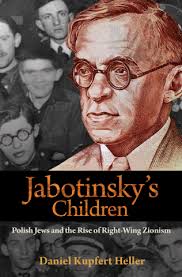
This transformation is examined by Daniel Kupfert Heller in his penetrating and vivid book, Jabotinsky’s Children: Polish Jews and the Rise of Right-Wing Zionism, published by Princeton University Press.
A poet, playwright, journalist and political activist who was instrumental in the creation of the Jewish Legion during World War I, Jabotinsky broke with mainstream Zionism in 1925. Advocating a more aggressive approach to dealing with the British colonial administration in Mandate Palestine and with Palestinian Arabs, and calling for a Jewish-majority state stretching from the Mediterranean Sea to the Arabian Peninsula and the Euphrates River in Iraq, he considered Poland a fertile recruiting ground and regarded its Jewish youth as his most important disciples.
His calculation would prove to be correct. In the first decades of the 20th century, the largest number of new immigrants bound for Palestine hailed from Poland. Of the 250,000 Jews who settled in Palestine from 1919 to 1937, nearly half were Polish.
Although Betar was convinced that Jews had no future in Poland — a country where grassroots and official antisemitism thrived — its leaders respected Polish patriotism, laid wreaths at Polish war memorials and marched in parades alongside Polish scouts and soldiers. As Heller, a McGill University professor of Jewish studies, writes, Betar used “the myths and rituals of Polish nationalism to entice Poland’s Jews to support Revisionism.” Other than Betar, the only major youth movement that frequently pledged its loyalty to the Polish state was the ultra-Orthodox Agudat Israel Party.
Betar had a complicated relationship with Poland. “Some Betar members viewed the Polish national struggle as an inspiration but simultaneously insisted that they felt no connection to the Polish state and were foreigners en route to their distant homeland. Others insisted that every Jew bore the responsibility to make sacrifices for their ‘two fatherlands,’ the Land of Israel and Poland. Still others … vacillated between these two options …”
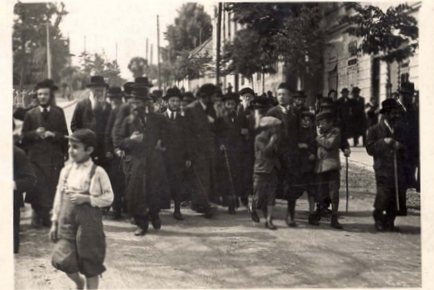
Betar’s ambivalence was rooted in the widely-held Jewish perception that the resurrected Polish state was intrinsically hostile to Jews. Pogroms, perpetrated by Polish soldiers and civilians, erupted during Poland’s war with the Soviet Union following World War I. And Poland ignored key provisions of the Minority Rights Treaty, which it had been forced to sign in 1919.
Jozef Pilsudski, the ruler of Poland from 1926 to 1936, supported the concept of a multiethnic state, albeit one dominated by Catholic Poles. And he displayed a relatively tolerant approach to Poland’s national minorities — Jews, Germans and Ukrainians — and opposed violence against them. After his death, his successors adopted some of the policies of the virulently antisemitic rabble-rouser Roman Dmowski, the leader of the National Democrats (Endecja). They condoned the economic boycott of Jews, enacted anti-Jewish legislation and pressured Jews to emigrate. From 1919 to 1938, almost 400,000 Jews left Poland, having concluded that the rise of ethnic nationalism would be to their disadvantage.
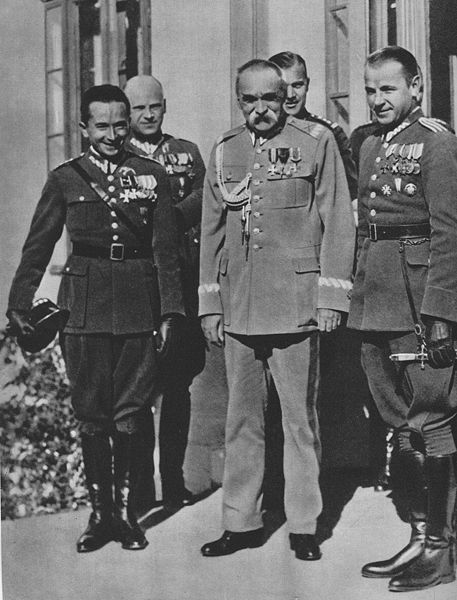
Zionism, itself a form of ethnic nationalism, surged in popularity during this troubled era. But as Heller points out, this was also a period during which the process of acculturation took hold among many Polish Jews. In 1931, nearly 80 percent of Jews declared Yiddish to be their mother tongue. But by the end of that decade, more than 80 percent of Jewish students attended state public schools, an experience that had been alien to their parents.
Antisemitism, though, remained deeply entrenched in Polish society. The Polish elite believed that Jews were naturally predisposed to communism and were overrepresented in key sectors of the economy. “Even as they insisted on restraining radical antisemitism, they were deeply sensitive to Polish popular opinion and anxious to avoid being labelled allies or accomplices of Jews,” says Heller.

During the early 1930s, Betar made efforts to forge ties with Polish nationalists. Modelling their ceremonies on Polish patriotic rituals, Betar urged its members to ‘act Polish’ and encouraged government officials to observe and participate in their ceremonies. In turn, they often encouraged Betar members to take part in Polish patriotic parades.
By the late 1930s, Poland had extended diplomatic and military aid to Betar, lending public support to Revisionist positions at the League of Nations and providing military training and arms to the Revisionists’ armed militia in Palestine, the Irgun Tsvai Leumi.
As these developments unfolded, Jabotinsky presented the Polish government with a plan to send 1.5 million Jews to Palestine over a 10-year period. Polish officials responded warmly to it, regarding it as a practical solution to significantly reduce Poland’s Jewish population and expand its influence in the Middle East.
Jabotinsky’s scheme was endorsed by, among others, the foreign minister, Jozef Beck; the Polish ambassador to Britain, Count Edward Bernard Raczynski, and Poland’s consul general in Jerusalem, Witold Hulanicki.
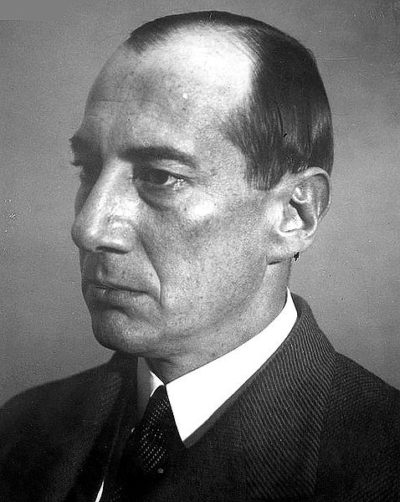
Although Polish ethno-nationalists supported Jabotinsky’s ambitious emigration plan, they claimed that Betar’s close connection with the Polish government was proof of its “Jewification.”
Betar’s policies so alarmed Labor Zionists that they warned of its machinations to export “Jewish fascism” to Palestine. Chaim Weizmann, the president of the Zionist Organization, compared Revisionism to Italian fascism and described Betar’s members as “youth with a Roman face.”
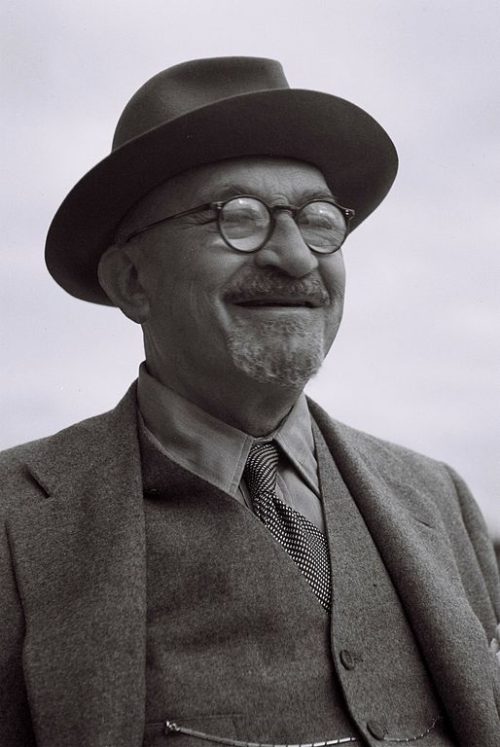
Weizmann’s denigration of Betar may have been connected to the widespread belief that the 1933 assassination of Haim Arlosoroff, the powerful Labor Zionist leader in Palestine, had been the work of Betar activist Avraham Stavsky. He was not convicted of the crime, but in 1948 he was killed when the Israeli army fired at the Altalena, a vessel off the coast of Tel Aviv brimming with new recruits and weapons brought to Israel by the Revisionists.
With the eruption of World War II, many Betar members remained in Poland, thereby fulfilling Betar’s pledge to defend Poland against external aggression. Tragically, some of these diehards fell while fighting off the Germans during the 1943 Warsaw ghetto uprising. Others were murdered in Nazi extermination camps. Still other Betarists, like Menachem Begin, fled the country. Having been imprisoned by the Soviets, he joined the army of General Wladyslaw Anders and arrived in Palestine in 1940 to begin his life anew.
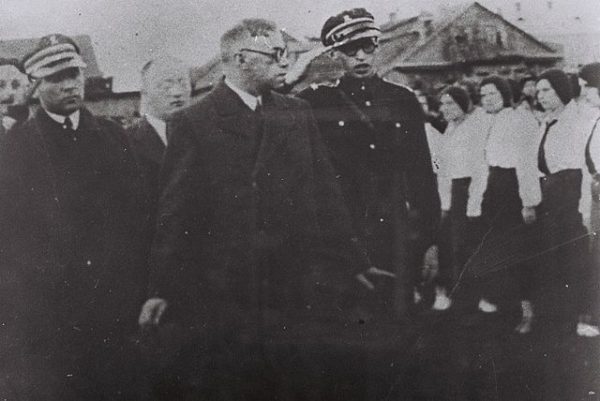
During the war, Avraham Stern, a Betar acolyte, broke ranks with the Irgun and formed his own underground organization, Lehi. Scores of Polish Jewish immigrants flocked to Lehi, which attacked British assets in Palestine and reached out unsuccessfully to Italy and Nazi Germany.
After the war, Betar and Irgun activists were involved in the task of bringing 250,000 Jewish refugees from Europe to Palestine.
In closing, Heller suggests that Betar’s philosophy of living by the sword has been internalized by Israel and particularly by Benjamin Netanyahu, whose ideas have been forged on the anvil of Revisionism.
